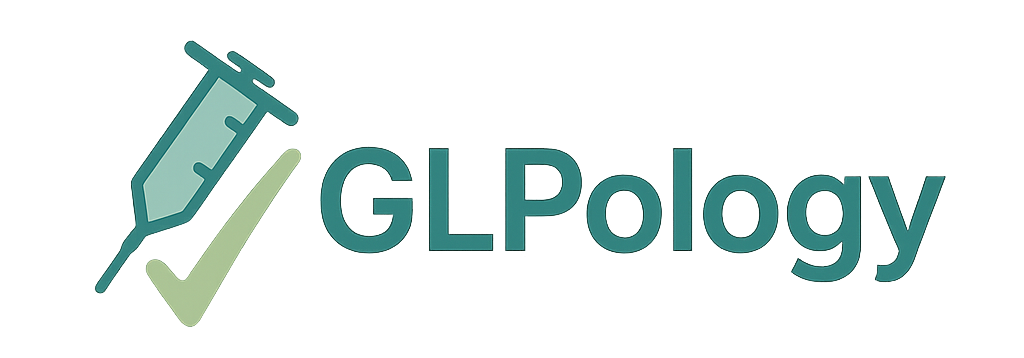3. I Signed Up for CallonDoc, Too
While waiting for the insurance process, I looked into other options and found CallonDoc, which had great reviews. They were offering a Compassionate Care program to help people access GLP-1 medications affordably. They were proactive about submitting authorizations and worked with both branded and compounded options. This gave me a backup plan and peace of mind.
4. I Explored Compounding Through Online Telehealth
After exploring insurance-based options, I looked into telehealth companies offering compounded tirzepatide — which is often used when the branded medications like Zepbound or Mounjaro are inaccessible or unaffordable.
These are out-of-pocket, cash-pay options, but I was surprised by how fast the process was. Within a few days, I completed an intake form, got matched with a provider, and had my first shipment on the way — no pharmacy calls, no waiting on hold with insurance.
There are a number of popular providers in this space, including names like Fifty410, Brello, Lavender Sky Health, and TakeTrava. These clinics generally partner with compounding pharmacies that can prepare GLP-1 medications under Section 503A of the FDA's guidelines. That said, the quality and service can vary greatly, so it’s important to do your homework.
⚠️ Important Note: While many patients have had good experiences, there have also been community reports of issues with delays and billing — particularly with Mochi Health in early 2025. Always read current reviews and Reddit threads before choosing a provider.
💡 Regulation Update – April 2025
As of April 2025, the FDA officially declared the GLP-1 drug shortage to be over, including Zepbound and Mounjaro. This is a big deal: when these medications are no longer on the FDA’s shortage list, 503A compounding pharmacies are no longer legally permitted to produce generic versions of them under emergency allowances.
This has major implications for telehealth companies that relied on compounded tirzepatide — some are pivoting to other medications, others may be winding down those services. Always confirm the source of medication, the pharmacy license, and whether it's a legally compounded product before proceeding.
💬 Where I Learned the Most
Honestly, one of the most helpful places I found was Reddit — especially the community at r/tirzepatidecompound where people regularly share real-time experiences, pharmacy updates, and provider reviews.
Another resource that aggregates many current telehealth options is glpwinner.com/providers, which breaks down cost, timeline, and insurance options across a wide range of platforms.



